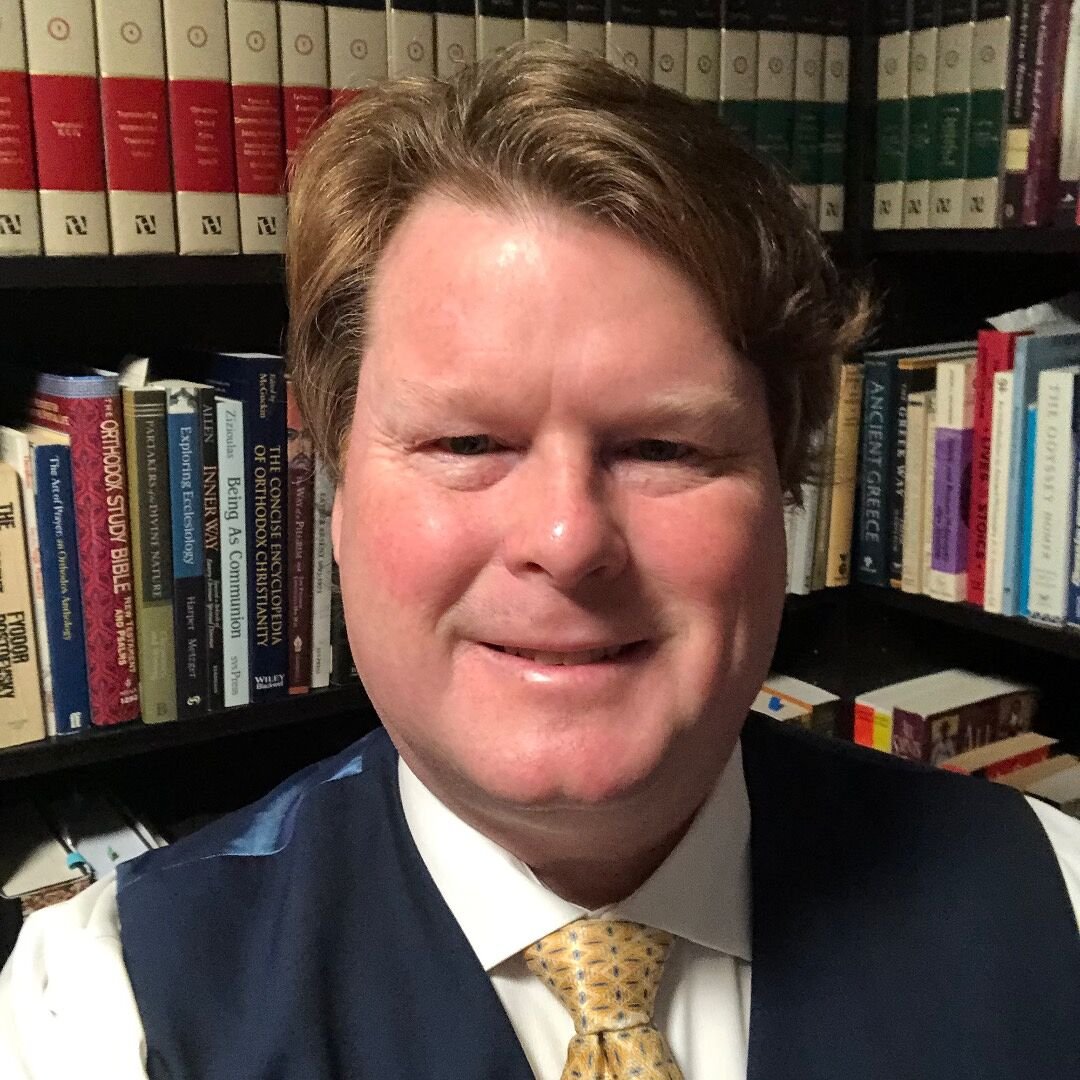Resurrecting Leisure: Our Conversation with Rev. Dr. Jeff Crittenden
On May 1, the Ministry Forum Community gathered online for We Need to Listen - a series we host on the first Thursday or every month. These sessions are designed to be open, encouraging spaces—where there’s (usually) no formal agenda and where tangents, deep questions, and shared experiences are all welcome. It’s a place for ministry leaders who are passionate about sharing the Good News but who sometimes feel isolated in that work, to pause, breathe, and reconnect.
This month’s guest was the Rev. Dr. Jeff Crittenden, a seasoned pastor and scholar who has served churches across Canada and currently pastors St. Andrew’s in Toronto. Jeff also teaches Practical Theology at Huron University and is the director of the Centre for Practical Theology. He brings both pastoral wisdom and academic depth to conversations about preaching, community, and the future of the Church. In 2023 Jeff wrote Leisure Resurrected, a book that draws on early Christian practice to propose a deeply countercultural idea: that leisure—rightly understood—may be one of the Church’s most powerful theological tools for renewal today.
During our time together, Jeff unpacked some of the key insights from his book and invited us into a conversation that was both theologically grounded and deeply practical.
Here is just a small summary of what the discussed…
Drawing on ancient understandings of leisure from Greek, Roman, Jewish, and early Christian traditions, Jeff invited us to reconsider how leisure has been misunderstood in our modern, productivity-driven culture. In classical Greek philosophy, leisure (schole) was seen as the foundation of education and civic life. In the Roman world (otium), it was tied to reflection and cultural cultivation. Jewish Sabbath introduced a rhythm of holy rest and trust in God. But it was the early Christians, Jeff argues, who offered a distinct and deeply communal reimagining of leisure—one grounded not in status, study, or retreat, but in shared worship, justice, and joy.
For the earliest followers of Jesus, leisure was not about escape from work; it was the work of being fully human. It was about creating space to encounter God, to be present with others, and to serve the community in love. In this framework, leisure is not passive or recreational—it’s participatory and generative. It’s about shaping life together around practices that reflect the values of the kingdom of God.
Jeff offered several key markers of this early Christian rhythm:
Gathering weekly not for production or performance, but to share a meal and center community.
Listening deeply—not only to God’s word, but also to one another’s stories and the cries of the neighbourhood.
Creating spaces of healing and testimony, where those on the margins are welcomed with dignity.
Living out faith not in isolated acts, but in ongoing rhythms of mutual care and hospitality.
To illustrate this, Jeff reflected on early Christian symbols—the towel and basin, the bread and cup, the lamp, the oil, the cross, the sacred text— these can be seen as guiding images for how church might still be practiced today. These symbols represented a pattern of living that was intimate, accessible, and deeply relational. They marked a faith that was more embodied than explained, more shared than performed.
He shared a story from his own ministry in London, Ontario, where a shuttered church building was reimagined as a resource that could be reactivated. What emerged was a midweek community gathering built around meals, storytelling, and prayer. It was a space that came alive—not because it was filled on Sundays, but because it became a hub for community gardening, health equipment sharing, interfaith collaboration, and spiritual rest. Jeff referred to it as a “campus of leisure,” reclaiming the term not to mean ease or inactivity, but sacred, sustaining presence.
The implications for congregational life today are significant.
What if we stopped treating leisure as what we do after the “real work” of church, and instead understood it as the heart of our witness? What if church was less about programming and more about presence—less about filling a calendar and more about creating space?
Jeff challenged us to ask:
Could worship move beyond performance and become truly participatory?
Could our church buildings become places of healing, welcome, and holy rest?
What might a faithful rhythm of gathering, eating, serving, and storytelling look like in our own contexts?
For many leaders and communities feeling stretched thin or weighed down by expectations, Jeff’s reminder was both pastoral and prophetic: we are not just workers or producers. We are created in the image of a God who rests, who gathers, who listens, who dwells. Our identity is not earned through output, but received through grace.
In a culture where time is often commodified and busyness celebrated, reclaiming leisure as sacred time might be one of the most faithful—and freeing—acts the Church can offer.
If you’re inspired to go deeper into this topic you should definitely check out Jeff’s book: Leisure Resurrected: Rekindling the Fire of Early Christian Communities.


